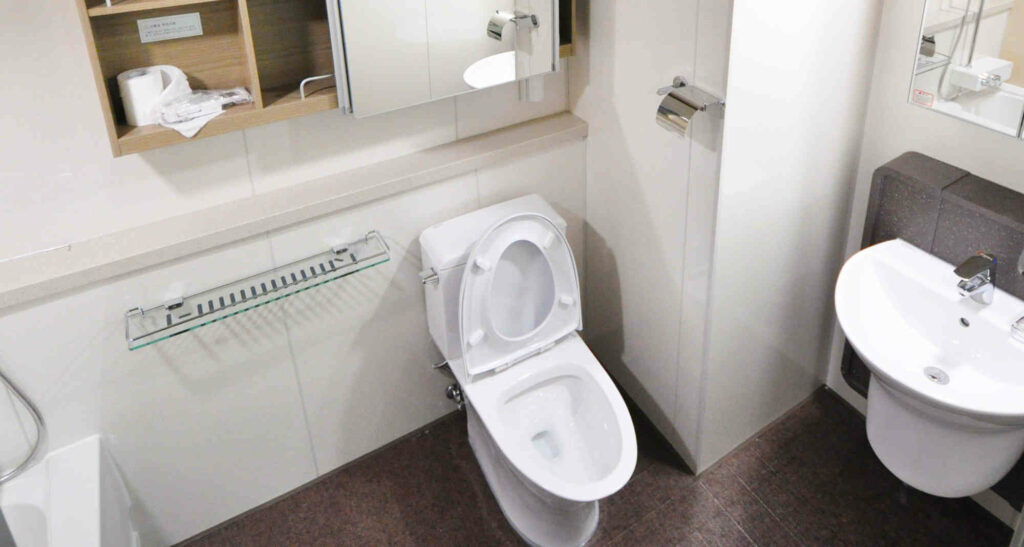If you want to rent out your house, you need to know about residential leases. However, not all rental types require the same lease information.
For example, I’m fairly confident you’ve never signed a pen and paper lease for a hotel room. That’s because “inns” and vacation rentals are separate areas of law from residential leases.
The provisions I’m discussing below apply to residential leases where the tenant is using the place as their primary residence long term.
Residential Leases and the Law
North Carolina General Statute § 42-38 through 42-46 discusses the lease agreements themselves. Chapter 42 covers the landlord-tenant relationship as a whole.
Unfortunately, that’s not all. Because of the nature of leases, you’re also dealing with contract, property, consumer protection, fair housing, and constitutional law. In every aspect of law, you’re dealing with constitutional law though, so that’s always there.
We’re not going to dive too deeply into the law behind these. If you want more reading on the law, check out this article from Law++.
The Property
Firstly, your lease needs to specify what property the tenant is renting. Address is usually sufficient. However, I’d urge you to add in details about the outdoor areas or anywhere they shouldn’t go. For example, are they renting the yard and are responsible for maintaining it? Is the yard a common space for other tenants?
Duration
Leases can be varying lengths. However, in North Carolina, you’d be hard-pressed to find a lease longer than 15 months. I recommend a year lease for simplicity’s sake. Some landlords like to use 13 month leases until the lease is turning over in the summer so they are able to charge higher rates.
Price
You can set whatever price you want in your lease. You just need to make sure it is there.
Security Deposits
There are many rules regarding security deposits. If you’re going to collect one, I highly recommend reading the Tenant Security Deposit Act a few times over. The highlights are as follows:
- The Security Deposit can only be used for those purposes outlined in § 42-51 like unpaid rent.
- It cannot be more than two weeks’ rent for a week-to-week rental, 1.5x months’ rent for month-to-month, and 2 months’ rent for terms greater than month-to-month.
- Security deposit must be held in a bank in North Carolina and you must notify the tenant where that money is.
Boilerplate Stuff
Every residential lease will have some boilerplate stuff like dispute resolution, choice of law provisions, etc. These don’t change much between difference leases in North Carolina. Between states, they can change a lot.
Pets
Do you allow pets? Either way, you need to specify in your lease. You can charge a pet fee or deposit.
Community Rules
I think of community rules as those more flexible provisions in a lease. They’re still legally binding if included in the lease, but these are the few things you can say might change. For example, pool hours can change during a lease if you say they might. However, the price of the lease cannot.
I recommend including a one to two-page list of community rules and say “these rules may change from time to time at the discretion of management.” That way, as long as they’re reasonable changes, they’ll still be enforceable.
Evictions
Evictions are complicated and I hope you never have to evict a tenant. Just to be safe, you should include the process and the authorized late fees and eviction fees found in Chapter 42.
Fees in Residential Leases
If the fee isn’t listed in the lease, you generally cannot charge your tenant for it. For example, I’ve had a landlord try to charge me a fee for having a Christmas tree on my balcony. Although there were many things wrong with that, I was able to persuade them to not pursue this when I showed them I did not actually have a Christmas tree on my balcony.
Locks
There’s debate on whether tenants can change the locks when they move in. I personally think they should be allowed to, but I would put in the lease that they have to provide you with the key.
Additionally, some tenants prefer having a home security system. It’s important to list if and how a tenant can get one installed in their own name.
Other Changes
Finally, you will want to include what changes a tenant is allowed to make. Can they paint the wall? Can they install shelves? It is up to you. All reasonable restrictions will be valid and enforceable.







Leave a Reply